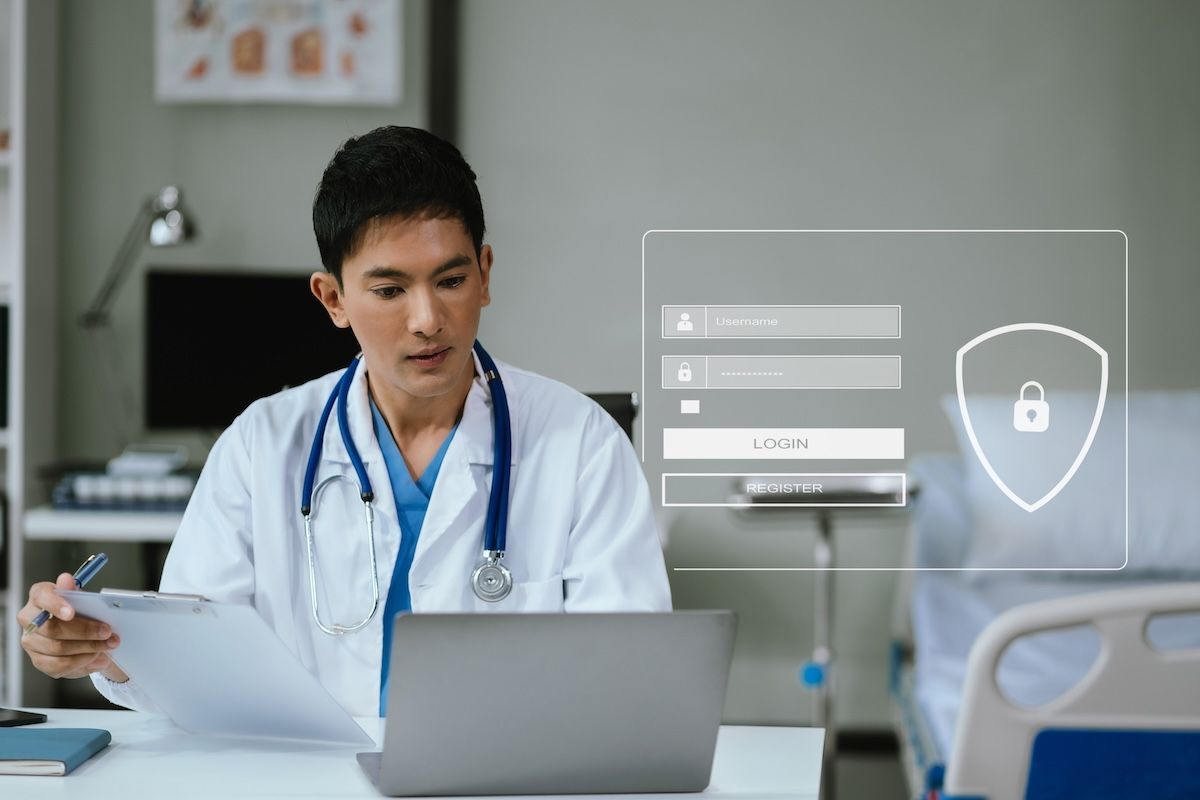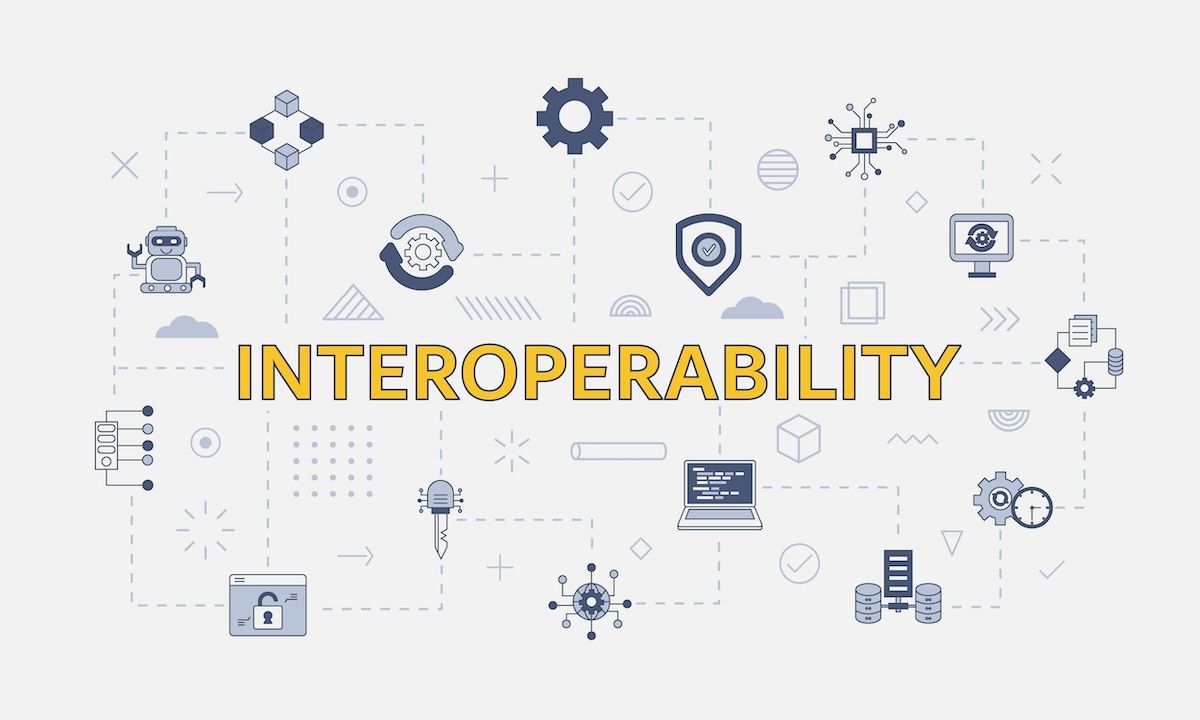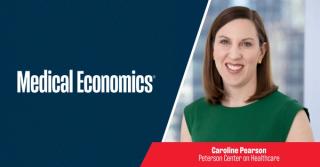
Practice Technology
Latest News
Latest Videos

CME Content
More News

Most health care leaders now believe a deadly incident is inevitable within five years, raising alarms about outdated systems, staffing shortages and limited cybersecurity preparedness across the industry.
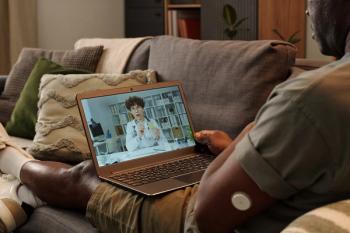
The designation marks a new benchmark in virtual care quality standards.

A new study finds artificial intelligence can match doctors on facts, but struggles with empathy, nuance and consistency.

A new study finds that clarifying team roles and routing protocols sharply reduced physician message burden without new tech or added costs.

University of Michigan’s “portal practice slots” didn’t cut after-hours EHR time, but physicians still reported less stress and better control over their day.

Despite rising guardrails, health care workers continue using personal artificial intelligence and cloud apps — often in ways that violate HIPAA and put patients’ trust at risk.
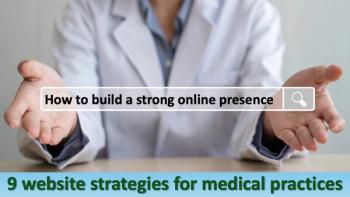
Enhancing patient engagement and practice growth through a good first impression online.

Female primary care physicians spend more time on portal messages and documentation — and report higher levels of burnout and patient hostility — than their male counterparts.

How health care organizations, including physicians’ practices, can address digital barriers and improve outcomes for patients with disabilities.

A new study outlines how AI might support eVisits. Patients are on board, as long as doctors remain in the driver’s seat.

Cloud computing can transform medical practices by offering cost-effective, scalable solutions while ensuring HIPAA compliance and enhancing patient care.

AdvancedMD survey shows financial health is top of mind as practices eye payer renegotiations, service expansion and staffing boosts.

Physicians' involvement in technology design enhances care delivery, reduces friction, and builds trust, leading to better patient outcomes and efficient health systems.
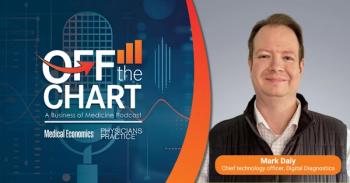
Mark Daly of Digital Diagnostics joins the show to discuss AI diagnostic tools.
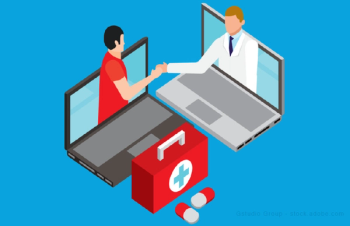
A ScienceSoft report finds technology and demand are in place, but regulatory uncertainty looms.
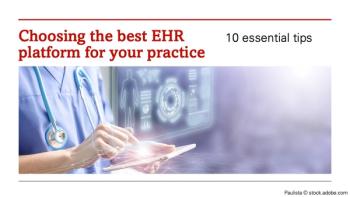
Avoid regret: 10 things every physician should know before choosing an electronic health record (EHR) platform.
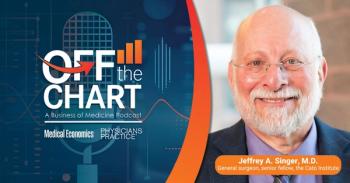
Jeffrey A. Singer, M.D., a general surgeon and senior fellow at the Cato Institute, joins the show to talk patient autonomy in health care.
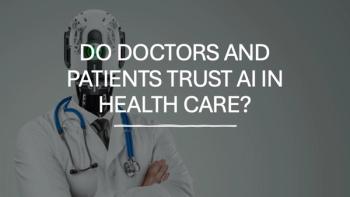
Artificial intelligence (AI) is rapidly reshaping the landscape of health care, from streamlining administrative tasks to aiding in complex clinical decision-making. Tools powered by AI are being used to interpret imaging scans, predict patient deterioration, assist in diagnosis, and personalize treatment plans. While the technology holds enormous promise for improving efficiency, accuracy, and outcomes, its success depends heavily on the trust it earns from both health care providers and patients.

The VivAer procedure offers lasting relief for nasal obstruction, transforming NAO treatment with its minimally invasive approach and impressive results.
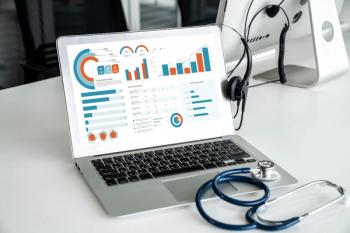
Consider these six proven ways physicians and other clinicians can lower costs and improve quality of care.

Medtech CEO warns senate that tariffs could undermine health care and innovation

Digital health leaders unite in the Remote Monitoring Leadership Council to promote remote patient monitoring and advocate for supportive health policies.

AI-powered prior authorization can streamline patient care, reduce abandonment, and enhance provider efficiency, ensuring timely treatment and improved health outcomes.

As use of artificial intelligence grows rapidly in health care, the American Medical Association brought together an expert panel to highlight policy changes, transparency concerns and implications for physician practices.

AI in health care faces challenges from biased training data, limiting equitable treatment. Expanding data sources can enhance its accuracy and patient outcomes.


